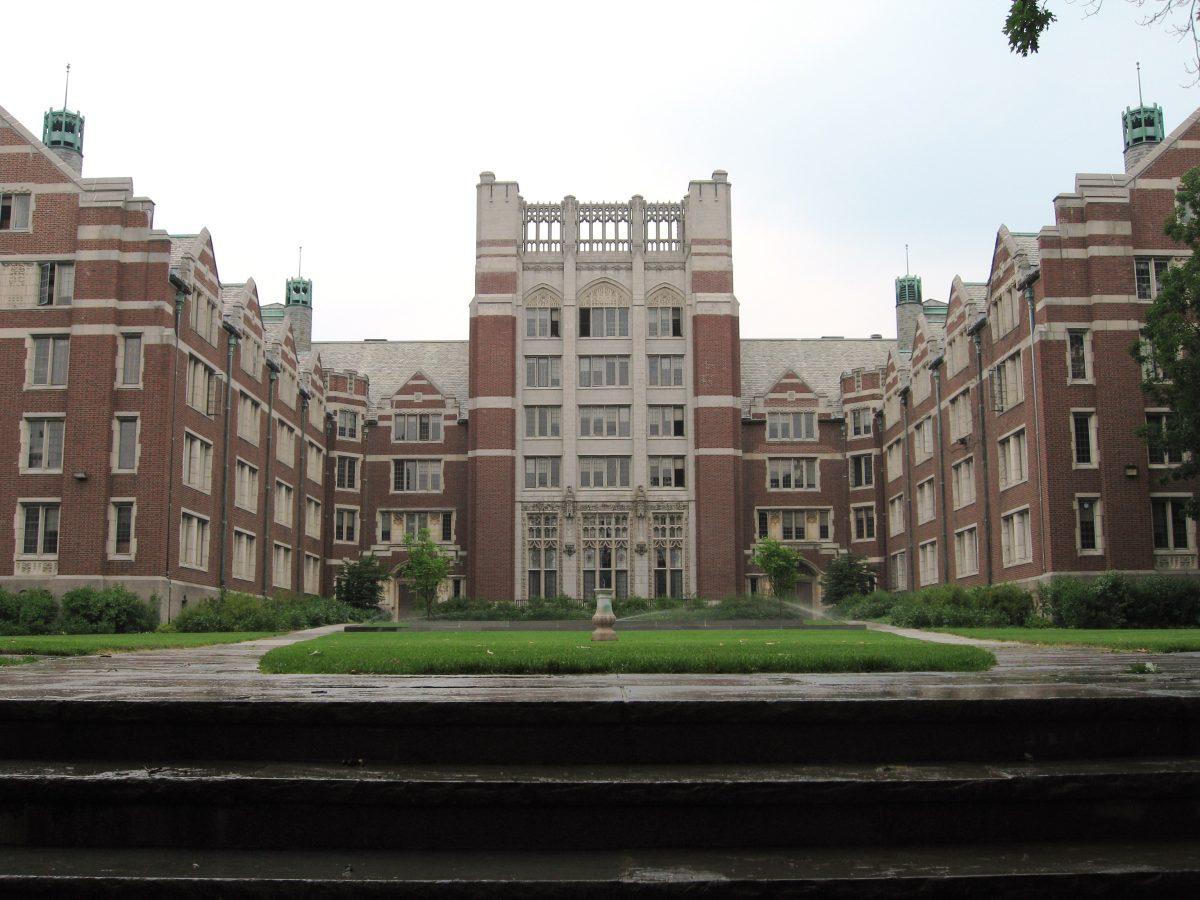This semester, Wellesley College implemented a reformed housing lottery system, one which allowed interclass blocking, discarded the concept of averaging numbers among students in the same block and determined housing by the lowest number instead. This system, while meant to make the housing process more fair, actually disadvantages upperclass students and provides a less desirable outcome for more students compared to the previous system.
On the days after housing results came out, there was an array of Facebook statuses announcing that people were unhoused — one of the flaws of the old housing system that the changes meant to but failed to eliminate. Having an average number of your class year was not sufficient, as many groups with average numbers were unhoused or placed in one of their last choices.
Among students, one of the biggest complaints was that the new system allowed interclass blocking, meaning that sophomores could block with juniors or seniors. As a result, sophomores, who have higher numbers than juniors and seniors, could bypass their peers in the same class year to obtain a housing assignment that would have other wise gone to a junior or senior. While the new system of blocking encouraged more friend groups to stay together and help each other obtain better housing arrangements, it also failed to respect seniority.
Seniority is an aspect of housing that should remain intact. Seniority rewards students’ time at Wellesley and ensures that in our very last year we can live in a residence hall and room of our choice. Senior students have set majors activities that might require them to be close to a certain location — a Spanish major senior who is thesising will benefit more from living close to Founders and Clapp library than a sophomore or junior.
The new housing system also reduces diversity on individual floors. By allowing the lowest number to be chosen instead of an average, underclass students can pair with seniors. This allows senior members of sports teams, societies, and organizations to block with the younger members of their groups so that they all occupy a floor together. Allowing large groups to be housed in one location undermines having a diverse floor and interacting with students outside of one’s circle. The lack of interaction with people outside of certain social groups is common after our first year, and it is detrimental to a more unified and understanding community.
Lastly, the confusion surrounding the housing system left groups of students unaware that interclass blocking was possible. By clearly communicating the stipulations of the revised housing system to students, the housing process can be clearer and more accessible to students, especially upperclass students who are transitioning from the old housing system.
As Wellesley looks to the next round of housing, we hope that the College will consider the downfalls of the new housing system. While the old housing system had its flaws, it preserved the value of seniority and maintained diversity.







Liang Zhang | Apr 22, 2015 at 11:25 pm
This is exactly what happened and I’m glad that The Wellesley News pointed this out. The blocking system screwed lots of people in rising senior class over this year.